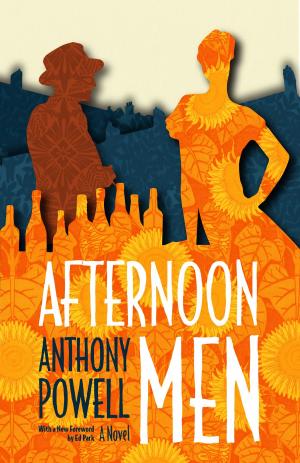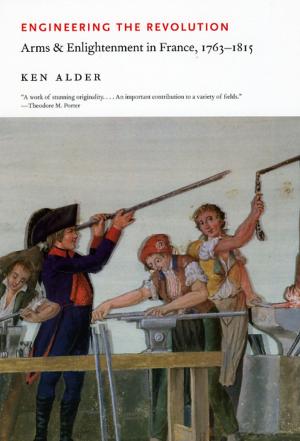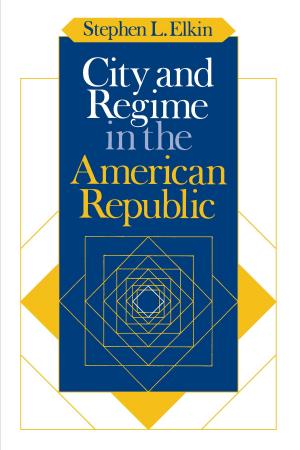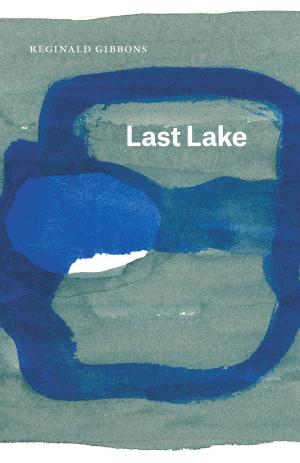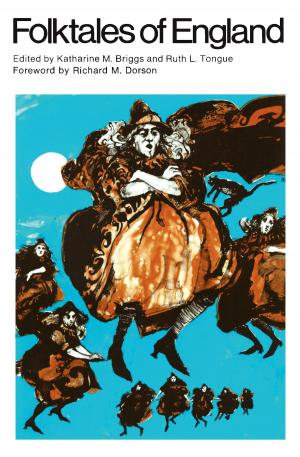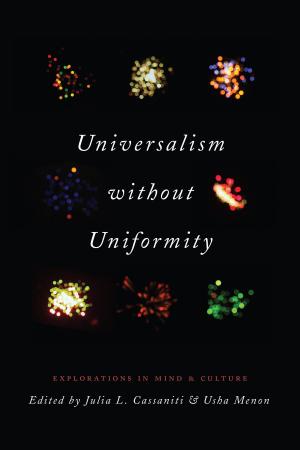| Author: | Robert Pogue Harrison | ISBN: | 9780226172040 |
| Publisher: | University of Chicago Press | Publication: | November 21, 2014 |
| Imprint: | University of Chicago Press | Language: | English |
| Author: | Robert Pogue Harrison |
| ISBN: | 9780226172040 |
| Publisher: | University of Chicago Press |
| Publication: | November 21, 2014 |
| Imprint: | University of Chicago Press |
| Language: | English |
How old are you? The more thought you bring to bear on the question, the harder it is to answer. For we age simultaneously in different ways: biologically, psychologically, socially. And we age within the larger framework of a culture, in the midst of a history that predates us and will outlast us. Looked at through that lens, many aspects of late modernity would suggest that we are older than ever, but Robert Pogue Harrison argues that we are also getting startlingly younger—in looks, mentality, and behavior. We live, he says, in an age of juvenescence.
Like all of Robert Pogue Harrison's books, Juvenescence ranges brilliantly across cultures and history, tracing the ways that the spirits of youth and age have inflected each other from antiquity to the present. Drawing on the scientific concept of neotony, or the retention of juvenile characteristics through adulthood, and extending it into the cultural realm, Harrison argues that youth is essential for culture’s innovative drive and flashes of genius. At the same time, however, youth—which Harrison sees as more protracted than ever—is a luxury that requires the stability and wisdom of our elders and the institutions. “While genius liberates the novelties of the future,” Harrison writes, “wisdom inherits the legacies of the past, renewing them in the process of handing them down.”
A heady, deeply learned excursion, rich with ideas and insights, Juvenescence could only have been written by Robert Pogue Harrison. No reader who has wondered at our culture's obsession with youth should miss it.
How old are you? The more thought you bring to bear on the question, the harder it is to answer. For we age simultaneously in different ways: biologically, psychologically, socially. And we age within the larger framework of a culture, in the midst of a history that predates us and will outlast us. Looked at through that lens, many aspects of late modernity would suggest that we are older than ever, but Robert Pogue Harrison argues that we are also getting startlingly younger—in looks, mentality, and behavior. We live, he says, in an age of juvenescence.
Like all of Robert Pogue Harrison's books, Juvenescence ranges brilliantly across cultures and history, tracing the ways that the spirits of youth and age have inflected each other from antiquity to the present. Drawing on the scientific concept of neotony, or the retention of juvenile characteristics through adulthood, and extending it into the cultural realm, Harrison argues that youth is essential for culture’s innovative drive and flashes of genius. At the same time, however, youth—which Harrison sees as more protracted than ever—is a luxury that requires the stability and wisdom of our elders and the institutions. “While genius liberates the novelties of the future,” Harrison writes, “wisdom inherits the legacies of the past, renewing them in the process of handing them down.”
A heady, deeply learned excursion, rich with ideas and insights, Juvenescence could only have been written by Robert Pogue Harrison. No reader who has wondered at our culture's obsession with youth should miss it.




